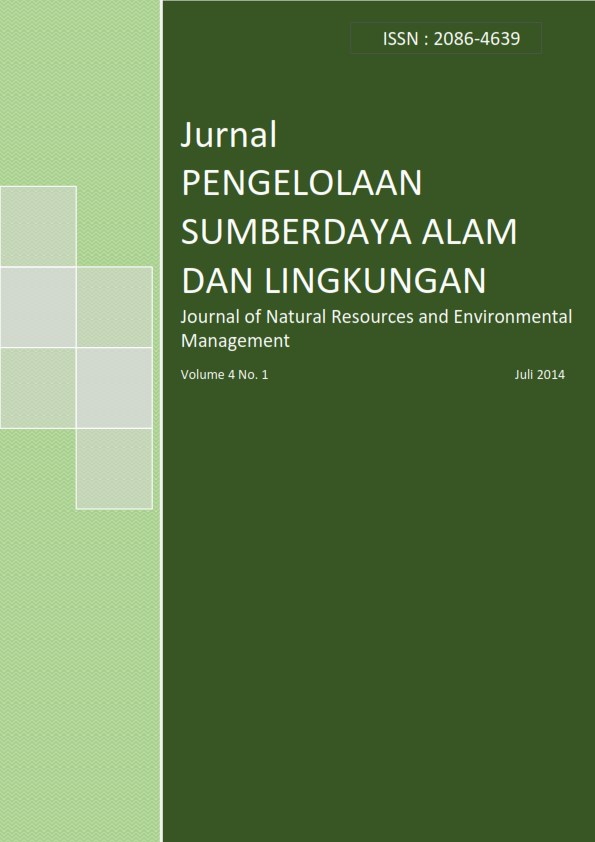PEMANFAATAN PENGINDERAAN JAUH UNTUK ESTIMASI STOK KARBON DI AREA REKLAMASI PT. ANTAM UBPE PONGKOR, KABUPATEN BOGOR
Abstract
Mining is an environment-altering activity especially on land by reducing landcover and stored carbon. PT ANTAM, a prominent mining company in an industrial scale, is doing reclamation in order to restore the ability of the land to its optimum function. Reclamation in the relation with global warming, is an efforts to mitigate climate change by increasing the ability of land to absorb carbon (revegetation). Therefore land cover monitoring at reclamation area becomes an important thing to do, one way to do it is by using remote sensing. Not only for land cover, remote sensing also can be used to estimate carbon stocks. Based on visual interpretation of google earth image data in 2007, there were five classes of secondary forest at reclamation area of PT ANTAM UBPE Pongkor : class A (tight forest) covering 8,65 ha; class B (medium forest) covering 0,88 ha; class C (sparse forest) covering 1,57 ha; and class D (shrubs) covering 0,92 ha. Meanwhile, the calculation of carbon stocks based on three sampling locations that representing secondary forest classes A, B, and C, resulting estimated average carbon stock in the whole reclamation area of PT ANTAM UBPE Pongkor is 113,79 tons/ha.
Keywords: mining, reclamation, google earth image data, carbon stock
Authors
Authors who publish with this journal agree to the following terms:
- Authors retain copyright and grant the journal right of first publication with the work simultaneously licensed under a Creative Commons Attribution License that allows others to share the work with an acknowledgement of the work's authorship and initial publication in this journal.
- Authors are able to enter into separate, additional contractual arrangements for the non-exclusive distribution of the journal's published version of the work (e.g., post it to an institutional repository or publish it in a book), with an acknowledgement of its initial publication in this journal.
- Authors are permitted and encouraged to post their work online (e.g., in institutional repositories or on their website) prior to and during the submission process, as it can lead to productive exchanges, as well as earlier and greater citation of published work (See The Effect of Open Access).





